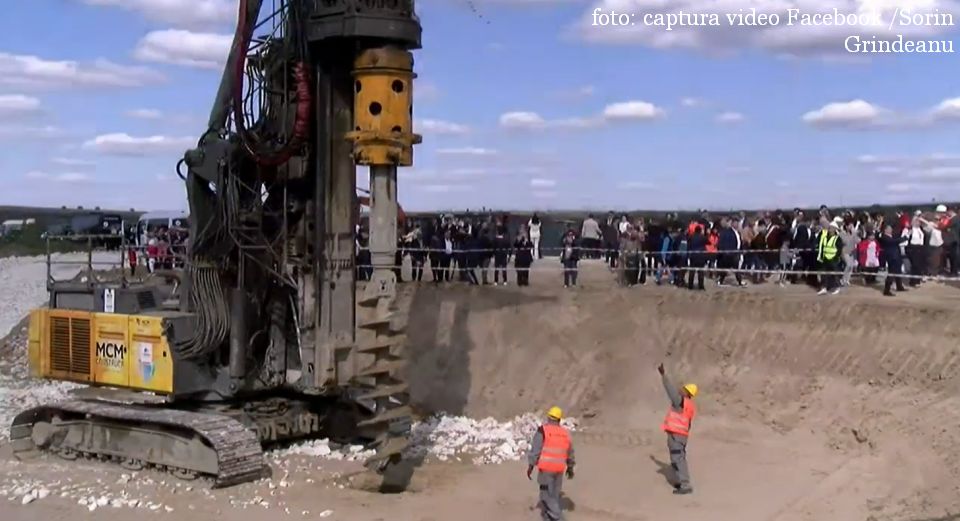A simple motion against the Labour Minister
A simple motion against the Labour Minister has been debated upon in the Chamber of Deputies with a final vote to be cast on Wednesday.

Corina Cristea, 20.02.2018, 13:31
The transfer of social insurance contributions from employers to employees, starting January 1st, has resulted in pay cuts for a significant number of employees in Romania. According to unofficial estimates, there are two million people in the private sector, where the state is not allowed to intervene to offset the difference, as well as some in the public sector, who have seen their salaries slashed.
Last year, Labour Minister Social Democrat Lia Olguta Vasilescu gave assurances that the electoral pledges concerning pay rises, which had boosted the electorate’s confidence in the Social Democratic Party, would be fulfilled. The 25% pay rise has been implemented for public sector employees, but that benefit has been cancelled by the higher sum they lost through the transfer of social insurance contributions, which resulted in some bonus cuts.
Things have become even more complicated for private sector employees where employers decided to cancel any pay rises and make the most of the sums they are no longer paying. Against this background of discontent, 60 Liberal MPs have tabled a simple motion against the Labour Minister. The signatories of the document have said that through the laws that she endorsed, Lia Olguta Vasilescu has created chaos in the public and private sector alike. Here is MP Dan Valceanu.
Dan Valceanu: “You have been exposed by your own incompetence and continue to defy the people. Just try to explain to the over 2 million Romanians who got smaller salaries in January why your initiatives, which proved to be so good in theory, cannot be felt in their pockets.”
But the Labour Minister said before Parliament on Monday, when the motion was debated upon, that the Liberal’s estimates weren’t correct. She admitted that the payment law may not be perfect but it complies with the principle ‘equal pay for equal work’.
Lia Olguta Vasilescu: “It is true that under the law, less than 3% of the employees have seen pay cuts. We should not forget though that the other 97% have got bigger salaries since the law came into effect.”
In the opinion of the opposition, the measures promoted by the Labour Minister are causing mistrust and instability in the economic field. In turn, representatives of the ruling PSD-ALDE coalition have recalled that the initiators of the motion are those that back in 2009, after Romania had been hit by the international crisis, endorsed a 25 percent pay cut for all employees.






























